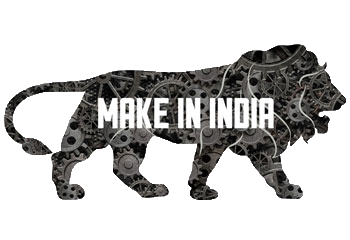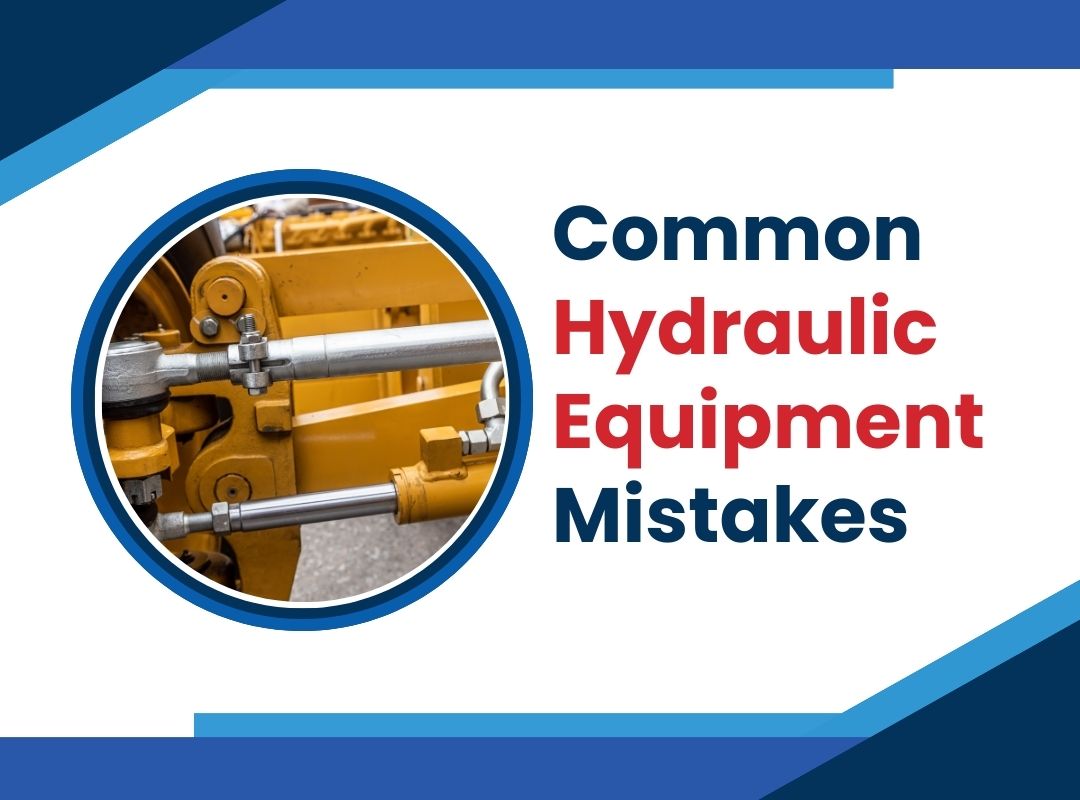If a hydraulic system fails, it is hard to determine the accurate problem, and by then you detect the problem, there will be a loss in productivity. In most cases, it’s your carelessness that fails the hydraulic systems.
So check out this article with a list of mistakes you must avoid while operating the hydraulic system. The factors mentioned here also help in protecting your hydraulic systems from damage. Let’s get started.
Operating Overheated Systems
If your hydraulic system gets heated by the heat generated within the system or external forces, it is likely to get damaged and stop working.
High temperatures like 82 degrees Celcius can destroy hydraulic components like seals and hoses. Also, the hydraulic fluid gets affected, resulting in changes in its viscosity. The warmer the oil/fluid, the less viscous it will be. There are various types of hydraulic parts, and each requires viscosities to operate. So this highlights the importance of knowing the safe temperature for a system and its components.
Using the Wrong Fluid
Hydraulic fluid functions as a conductor of power and also as a lubricant to the hydraulic system. The main component of hydraulic oil is its viscosity. Viscosity controls the minimum and maximum oil temperatures for the hydraulic system and enhances the systems’ performance and efficiency.
So when you use the wrong viscosity oil, then it causes serious damage to lubrication and leads to premature failure of the components. Also, it increases power consumption and increases the operating cost.
Changing Oil
Hydraulic oils don’t have a service life. So it’s hard to determine when it has to be changed. Also, two cases mandate the hydraulic oil change; they are degradation of base oil and depletion of the additive package. If you continue to operate the system even after detecting the oil problem, then it can affect the efficiency and may result in premature failure.
That said, the only accurate way to know when your system needs oil change is to buy oil analysis. So do a regular oil analysis and change the oil when it’s necessary.
Changing the Filters
Like hydraulic oil, there is no certain time to change the hydraulic electric pumps filters. If you change the filter based on a schedule, you either change them too early or too late.
For instance, if the filter is changed before it has carried enough dirt, you waste your money. On the other hand, if you change them late, the filter might not work properly and might increase the oil particles and make the oil inefficient. So the solution is to change the filters when you find the dirt-holding capacity is high but before the bypass valve opens. But how to know to detect the filter is filled with dirt?
Well, this requires a mechanism to monitor the restrictions to flow(pressure drop) across the filter element and it must alert you when this point is reached. If there is a pressure drop, it indicates the filter is full and needs a change.
Wrong Filter Locations
Oil filters help filter the impurities present in the hydraulic fluid and maintain the system’s overall health. However, if you place the filter in the wrong places, it can harm the system.
Placing the filter in locations like the pump inlet and the drain lines from the housings of piston pumps and motors can affect the amount of oil entering the pump or motor. So this reduces the efficiency of the system, and in the worst case, it rapidly destroys the components they are installed to protect.
Not Educating Your Employees
If you have read the above points, you must have realized that humans, not machines, cause errors. This highlights the importance of educating the employees. Handling hydraulic equipment is not easy. Only a person with good expertise can deal with it. So before implementing any hydraulic maintenance program, get it approved by an expert.
Wrapping Up
Poor understanding of the operating hydraulic equipment causes most of the errors in the hydraulic system and results in its failure. So this article has addressed all the errors and the solution to fix them. Hopefully, you found it useful.


